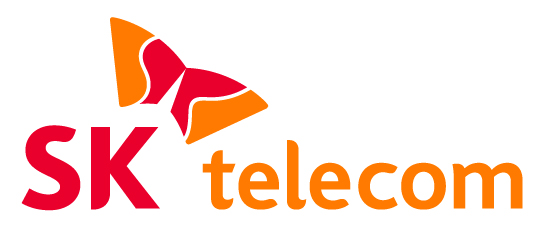SK Telecom collaborated with leading global LLM companies to develop a sophisticated AI system specifically tailored for telecommunications applications
Korean telco SK Telecom announced the successful completion of its AI Customer Service Support System beta service. The system, powered by SK Telecom’s proprietary telecommunications-specialized large language model (Telco LLM) and large multimodal model (LMM), has been delivering solid results since its mid-October launch, the telco said.
The Korean carrier said it has collaborated with leading global LLM companies to develop a sophisticated AI system specifically tailored for telecommunications applications. The operator also noted that it has carried out rigorous testing and iterative reinforcement learning, to refine its Telco LLM and LMM to meet the demands of telecommunications services.
SK Telecom noted that one of the key innovation in the system is the implementation of Retrieval Augmented Generation (RAG), which significantly enhances response accuracy by retrieving relevant information and leveraging this information in the response generation.
The telco also highlighted that its AI Customer Service Support System introduces three transformative features: the AI Knowledge Search Assistant, Intelligent Document Processing and the Automated Post-Processing System for Consultation Results.
The AI Knowledge Search Assistant is a natural language interface that enables agents to instantly access relevant information without manual searching, and will be fully deployed across all customer service operations in 2025.
Intelligent Document Processing is an LMM-powered system that automatically categorizes and processes customer-submitted documents from different channels. In the future, the system will be able to perform automated content analysis capabilities, which the carrier said will significantly reduce document verification time.
The Automated Post-Processing System for Consultation Results, scheduled for December release, will automate tasks such as categorizing and summarizing consultation outcomes. “This automation will reduce the minutes-long post-call documentation process significantly, allowing agents to serve more customers efficiently while maintaining comprehensive consultation records,” said SK Telecom.
Initial feedback from the beta test has been positive, the Asian carrier said.
“Our transformation into an AI contact center represents more than just operational efficiency — it’s about delivering truly personalized, customer-centric service,” said Hong Seung Tae, vice president and head of customer value innovation office at SK Telecom. “Through our Telco LLM-based AI Customer Service Support System, we expect to set new standards in customer service excellence and position ourselves as the industry leader in AI-driven customer support.”
Earlier this month, SK Telecom unveiled ‘Aster(A*)’, an artificial intelligence (AI)-driven personal assistant tailored for global users.
Aster is scheduled to launch a closed beta in North America later this year, with a full market launch planned for 2025.
Aster is designed as an ‘Agentic AI,’ which goes beyond simple Q&A or search functions by understanding users’ intentions to set goals, make plans and complete tasks on their behalf, the telco said.
SK Telecom plans to enhance Aster’s capabilities through partnerships with global search providers, LLM developers and third-party applications with the aim of establishing a comprehensive AI ecosystem for North American users.
SK Telecom also revealed plans to expedite the carrier’s artificial intelligence initiatives by constructing what the telco calls an ‘AI Infrastructure Superhighway.’
SK Telecom is actively using AI to improve its networks and services. In August, the telco announced a complete overhaul of its artificial intelligence (AI) service, “A.” pronounced “A-DoT.” The Korean operator had said that the revamp aims to transform the A. app into an AI personal assistant focused on enhancing daily convenience for customers.
Last year, SK Telecom had announced its ambition to become a global artificial intelligence company by strengthening its own AI competitiveness and cooperating with partners globally.

